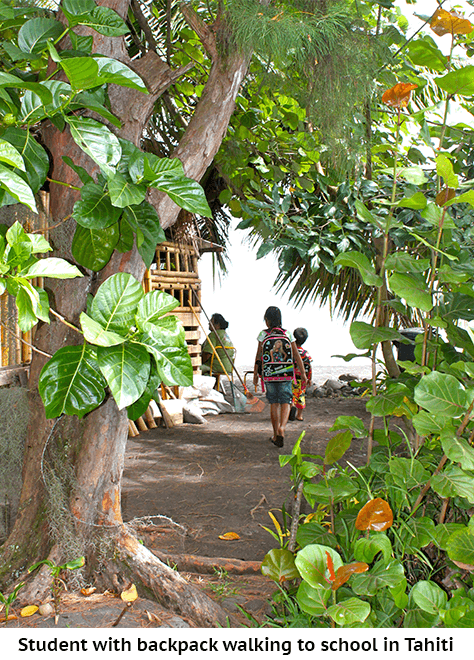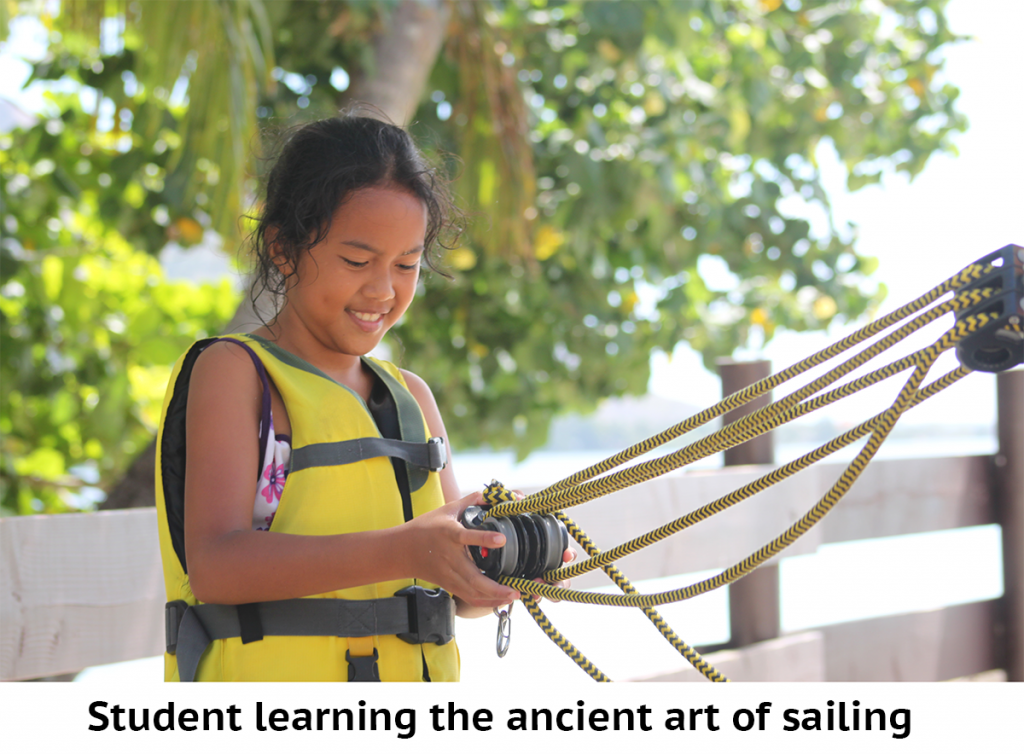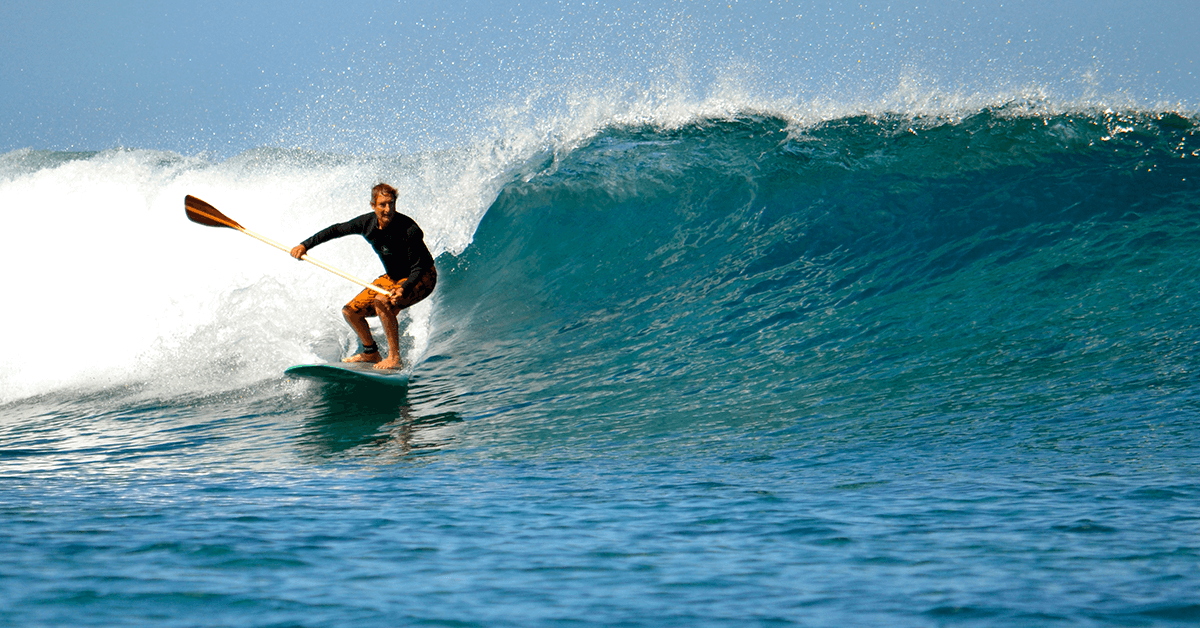June 10, 2024
Through those years of growing and defining The Grauer School, wherever I traveled, I looked for small schools, and I found many when I wasn’t looking, too. On business trips and vacations alike, often with my family in tow, I often hit backroads found teachers and leaders using methods I might bring home and adapt for my own school. We were edu-tourists.
I met teachers all over whose experiences echoed mine: when accreditors first visited The Grauer School, they were baffled at a one-off model that I called “a responsive school” and deemed it unworkable, impractical, and ineligible for accreditation. I met small school teachers and budding or subversive leaders who were burdened, frustrated, and underestimated—but doing good work for good reason.
The further we travel to communities attuned to their local norms, the more the paradox we are all wrapped in unravels: Small size, beloved local norms, and distinctly shared community values are widely presumed as something not to embrace, but to outgrow.
Here is a story I found halfway around the world, about a surfer-scholar-real teacher who seemed trapped in that paradox, and about how I almost got him all wrong.
Stuart Grauer
My surfboard maker, Dave Daum, owner of King’s Paddle Sports in Carlsbad, California, set me up with an expert surf team rider in French Polynesia who was also, he explained, a school principal and someone I should know. I packed up my 9’6” Kings stand-up paddle surfboard, threw together a bunch of baggies and rash guards, and crumpled into an all-night flight to Tahiti. From there, in my rental car, I rolled onto a ferry to cross from Papeete to Moorea.
The body of water between Tahiti and Moorea is part of the larger region identified on our maps as the Windward Islands, within the Society Islands group of French Polynesia. But this is not how the locals know it, at all. In fact, what the locals call it is not explicitly named in most sources or on our maps. To them it is just home and they call it the “Sea of the Moon.”
I ferried my car across these clear turquoise waters of the atoll, providing calm and sheltered conditions ideal for marine life and navigation, and a different world.
Arriving in Moorea, I headed to a secluded part of the island, another area apparently left out of our history books. The clear lagoons at this spot are celebrated by the locals for their rich marine biodiversity and beauty. With a standup paddle surfboard, we could paddle a couple miles over these shallow waters until reaching the coral reefs that surrounded Moorea, where waves reached and lifted up, peeling clean and gradually over reef passes. There, surf of stunning form and shape rolls in to the pure delight of a surfer, though few have seen it. Most of these reef breaks are known only by a handful of locals and their need-to-know friends.
Up the local trails, breadfruits grew wild for the locals, but homes and fresh water were scarce, much like in traditional days. It was there that I met Philippe. He was broad-shouldered, trim, serious, and half European. After magical morning surf sessions, our surf group harvested breadfruits that grew wild up a hillside, then gathered around his guest house, where I was quartered. His wife, a Tahitian with strikingly expressive eyes, graceful poise, and a gardenia in her long brown hair that I recognized by its intoxicating smell, filled our breakfast table with baguettes and honey along with sweet mango, pineapple, papaya, and fei bananas. Soon she returned with the roasted breadfruit and coffee.
Afterwards, Phillippe and I drove up the west coast to his school where we were to spend a week on the verdant campus. On campus, I was taken aback a bit, but for the wrong reason: There in paradise, 150 students, children of Polynesian heritage, were confined in rows and desks subject to a rigid, state curriculum designed in distant, urban offices of Paris.
Philippe allowed me to teach classes in English as a Second Language, as mandated by the French government. I had been a full time administrator for quite a few years by then and appreciated the reminder that spending an hour with sixth graders can be completely exhausting. I marveled at how teachers do it every day. But this was not the only thing that was exhausting.
After class one day, Philippe extracted the curriculum sent to him from the French Ministry of National Education for review with me, a thick packet of content and testing requirements. I think I had approached this island and this school naively. I noted how the local Polynesian history and Oceanian legends, as vibrant as the turquoise waters surrounding them and as immense as the dark skies under which their ancestors navigated, were nowhere in these State requirements.
A palpable sense of disconnection clouded Philippe’s face as he handed me an extra copy of the thick dossier he was bound to by state authorities, as though I would want to carry this home as some kind of souvenir. Why were they studying French and English and not their native language of Tahitian, to the dismay of island elders? What useful edge would the standard French curriculum provide for island kids, except perhaps those who would leave? And why would Philippe not buck a suffocating, homogenizing system like this?
I thumbed through the mandated curriculum, feeling conflicted. The dissonance was most evident when we discussed the replacement of native languages with English, a decision that troubled the island elders and chafed against the cultural fabric of the community. To my dismay, I was making Philippe, whom I had only just met, out to be a one-dimensional surfer who bore his job as a government functionary. I reasoned he was selling his soul to maintain his beautiful life as a local surfer. And rarely have I been so wrong.
On the third day, as I continued to walk amidst these tensions and to gain comfort on this campus set in lush green, I met Philippe at lunchtime. He looked sheepish and he told me there was something I needed to see. I followed him.
Energetic, we jumped into his truck and spirited down the coast just a mile or two to a pristine, white sandy cove rimmed in ironwood and coconut palm trees. As though he were showing me his own newborn, or perhaps a colorful new board just in from Dave at King’s, he pointed out to his students in little skiffs navigating the turquoise waters of the bay.
“Does the French government know about this program?” I asked Philippe, and then a light came into his eyes that seemed even brighter than I saw in him in the surf.
“No.”
Beyond the confines of the classroom and the pages of mandated curricula, here was a principal who had found his stage, however hidden. Here was the “original campus,” where the essence of his leadership and the school’s potential unfolded before Philippe’s eyes. Here, on his own time, off the books, he taught sailing and navigation, skills not in the official syllabus but intrinsic to the Polynesian way of life. Here Philippe wasn’t just teaching; he was honoring generations of navigators, rekindling a connection to the stars under which his ancestors voyaged.

It was the real curriculum, a tapestry woven from the threads of local culture, knowledge, and the natural environment.
The paradox of preserving traditional knowledge in the face of global educational standards reveals a universal challenge, mirroring struggles faced by indigenous and localized communities around the world, including most intentionally small schools. You might be a paradise, ready to be discovered. Be careful.
I have studied and admired the benefits of small learning communities for many years, but for whatever reason never mentioned the risks. Small populations are vulnerable to the loss or absence of knowledge of a single person with special information or skill. If the last mariner to navigate by the stars dies, that information and way of life perishes along with him. It makes the knowledge precious and exposed. I felt the weight on Phillipe’s shoulders.
There is a sense of vulnerability, coupled with the looming pressure of conformist educational models, that constantly challenges the unique school to find balance between protecting its unique community and adapting to external expectations.

To be honest, as a small school leader, I have lived for many years in constant fear that if I reveal too much, sometimes even to those close to me, the forces for risk management and economy of scale will swallow me whole along with my purest visions. As we grapple with the notion that educational excellence is routinely equated with replicability, standardizing, rigorous governance, reductionist data targets, and campus expansion, a surfer in Polynesia gave me not just a few amazing waves, but a glimpse of how the ocean’s rhythm mirrors the pulse of a special community that treasures its uniqueness.
Leadership in a small school setting can feel like the subtlest nod among a few who share a subversive code.
The smaller community can and must infuse itself with information from the outside, but then their culture may be at risk, a perennial risk. The work of the small school must be to keep complex, local tradition alive if it is going to survive in a community, but once that school is bureaucratized from the governing authority, it either fades away or continues on subversively. It’s what happens when you live near a remote, “endless summer” surf spot and then spot is discovered.
Small schools: stay “three deep.” At our school, we protect the learnings only we have fought and worked for by organizing that way: Each person in each office promises to have or train at least two others who harbor their special knowledge. We have no marine foraging tools or sails, but we keep our purposes, contacts, and stories three deep and that makes us more secure in who we are.
Philippe was well aware of the “va’a motu” double-hulled canoes, with outriggers to stabilize them, as the ancient ones looked up and used the mental maps, star compasses their families and communities relied upon not only for fish, trade, and connection, but for identity.
Philippe’s grasp of traditional Tahitian marine craft is an example for today’s leaders, especially those in small schools. The ancient navigators adapted their routes and strategies based on the natural world around them while colonialists and their bureaucrats overtook most of their cultures or tried, and for centuries. Today’s Polynesian leaders understand the immense loss, but pass along what they can undaunted, while continually updating their stories and methods to respond to new challenges and opportunities. Meanwhile, in this tiny, secret turquoise and green corner of the world, using Dave’s polystyrene shaped board coated in fiberglass cloth, Philippe could carom off the lip of a dream wave leaving a rooster tail of spray in his wake, then drop down the face of the wave and tuck into a barreling tube, something the ancient mariners could not have imagined.
Adaptation, in an ecological sense, refers to how organisms adjust to their environment in order to survive and thrive. Philippe showed me how this principle is applied to organizational leadership and waves, both. Adaptability and responsiveness to local and ecological conditions make communities become distinctive and alive.
Polynesian history and Oceanic legends might have been the anchor of learning that I never saw on the island of Moorea had I bid Philippe adieu just a day earlier. Philippe was a guardian of education and tradition, confronting the same paradoxes I did in my hometown, ultimately following the same original instructions. I knew he was a great surfer, but I had underestimated him as someone I value even more: a real teacher.
You may also be interested in reading more articles written by Stuart Grauer for Intrepid Ed News.



